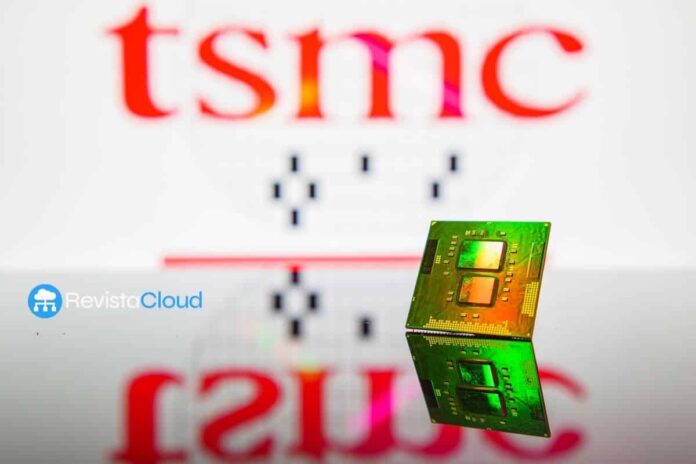China has intensified its tech war with the West by including new foreign companies on its list of "unreliable entities," which prohibits or limits their transactions. It highlights the inclusion of TechInsights, a Canadian semiconductor reverse-engineering consultancy, singled out for revealing that Huawei used TSMC technology in its Ascend AI accelerators. Also listed are companies in the aerospace and defense sector, such as Dedrone by Axon and BAE Systems, emphasizing that China will not tolerate leaks that put its national champions at risk or strengthen its adversaries.
This decision arises after meticulous investigations into the supply chain of the Ascend 910B/910C chips. Despite U.S. restrictions, components would have reached Huawei through intermediaries, such as Sophgo. The publication of these connections caused TSMC to cut shipments, facing possible multi-million-dollar fines in the U.S. UU.
The Chinese government characterizes TechInsights' practices as harmful to its interests, hardening its tone and sending a clear message: technological shield, deterrence and retaliation in response to Washington's pressure.
The list implies more than a classic trade ban, affecting transactions, investments and data transfers. For TechInsights, whose business depends on access to information in China, the consequences are significant.
The Huawei and TSMC case highlighted the traceability of Ascend chips and fed the narrative that sanctions work if evasions are monitored. For EE. UU., these revelations justify investigations and fines.
Technology companies operating in both territories face an increasing regulatory challenge, having to adjust their operations to mitigate risks, while the semiconductor sector sees its tension heightened by controls from both the West and China.
For the AI ecosystem, the inclusion of TechInsights adds uncertainty. Laboratories and consulting firms could reduce the publication of information about Chinese chips to avoid geopolitical risks.
This move by Beijing deepens technological fragmentation, increasing uncertainty in prices, lead times, and hardware availability, recommending diversification and long-term contracts as a preventive strategy. The escalation underscores that technical transparency will be reduced and that tensions will continue to affect the global industry.
More information and references in Cloud News.



